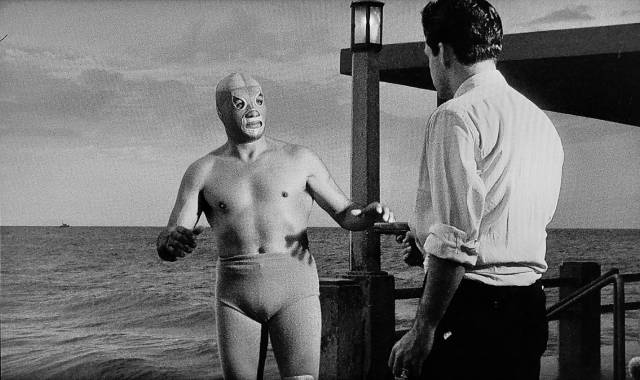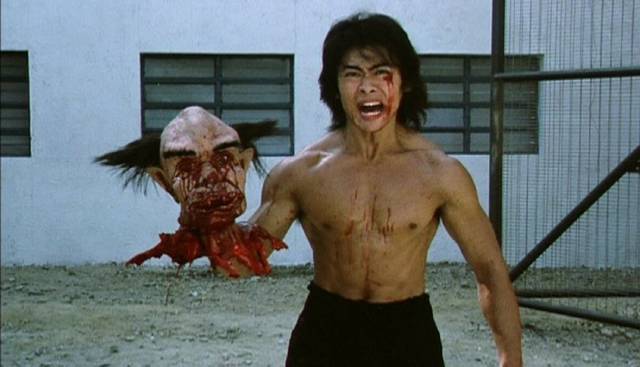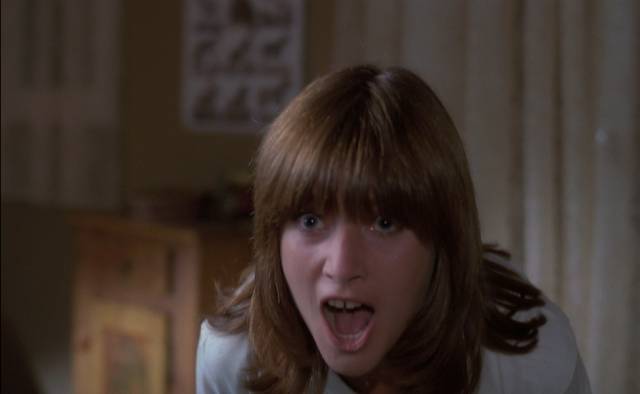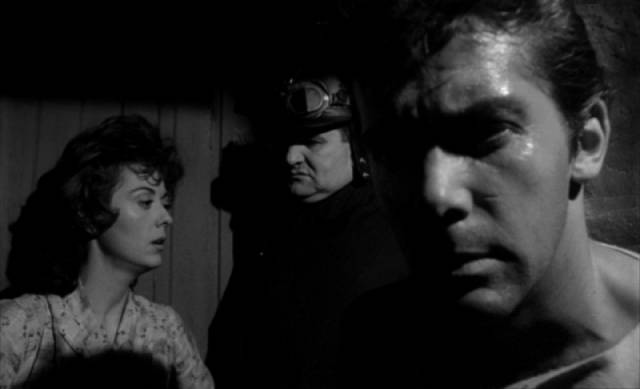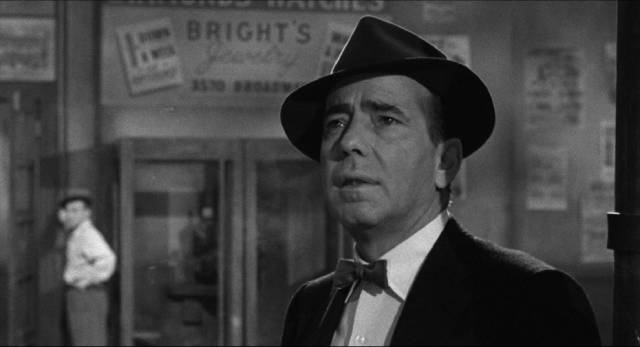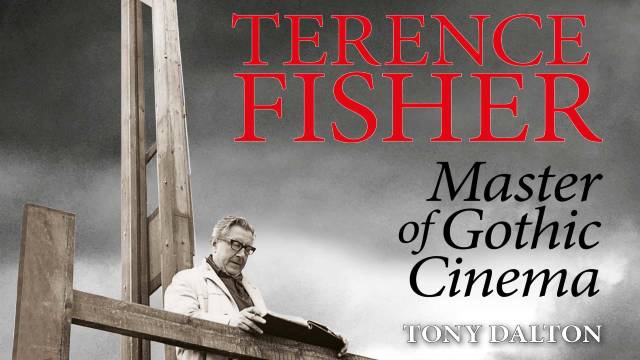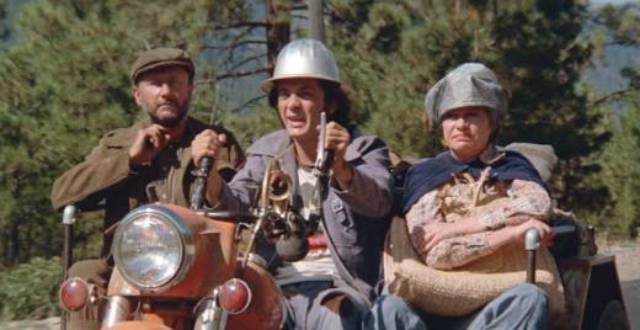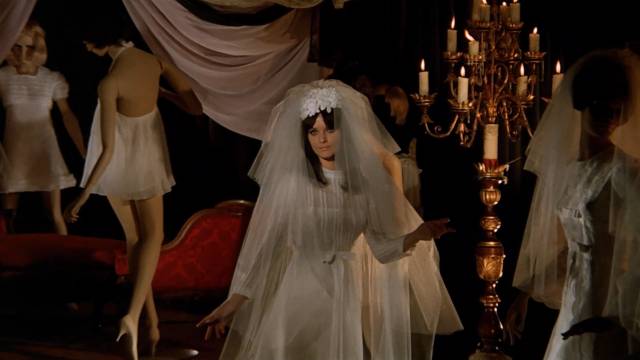
Collector’s Editions from 88 Films provide an opportunity to re-evaluate two familiar Italian horror movies. My opinion of Pupi Avati’s creepy Zeder (1983), always favourable, has been confirmed, while I now have a new appreciation of Mario Bava’s Hatchet for the Honeymoon (1970), which I’d always seen as a minor and not entirely successful addition to his filmography.
![Alice Campos (Florinda Bolkan) searches for her own past in Luigi Bazzoni’s Le Orme (Footprints on the Moon [1975])](https://www.cageyfilms.com/wp-content/uploads/2023/03/footprints_01.jpg)
